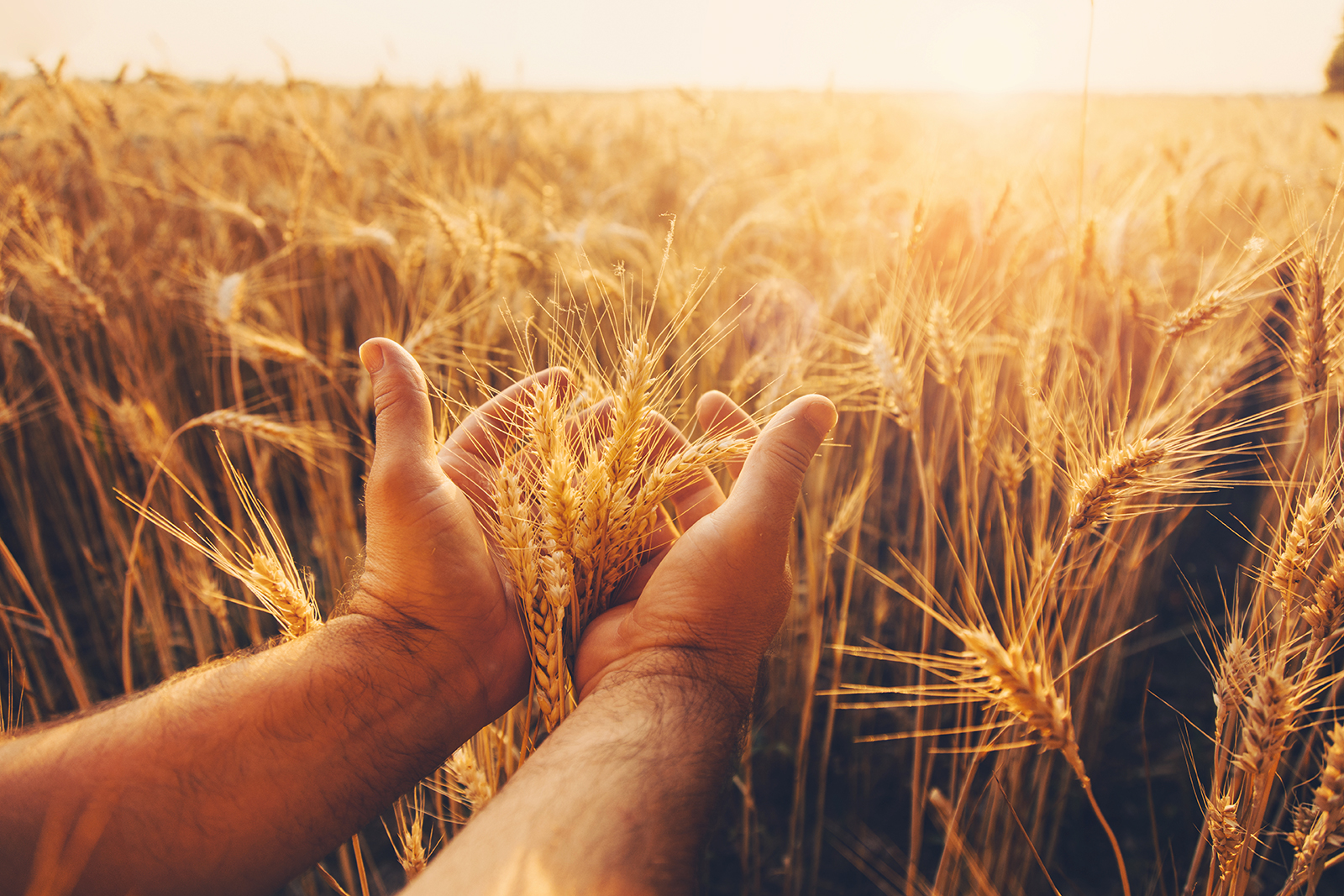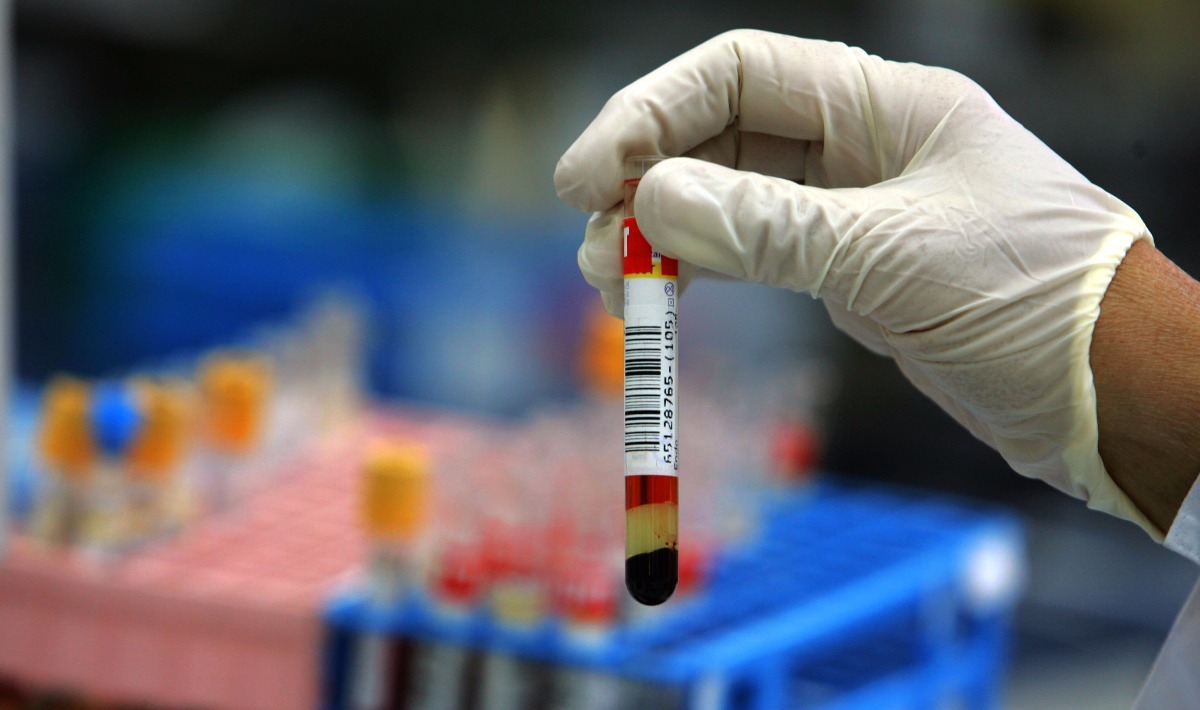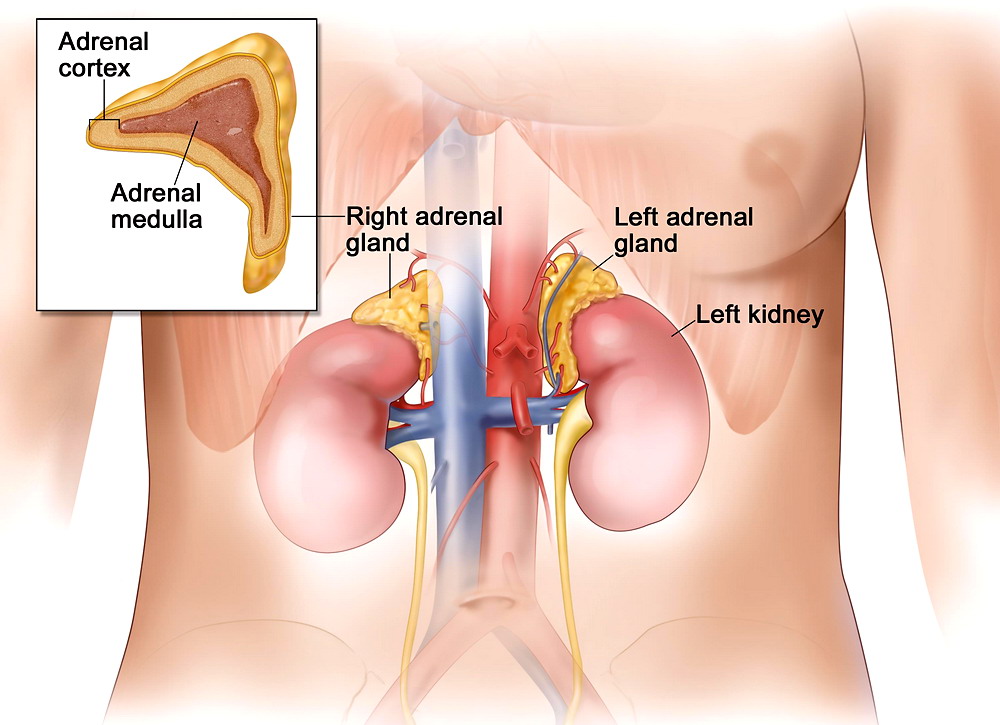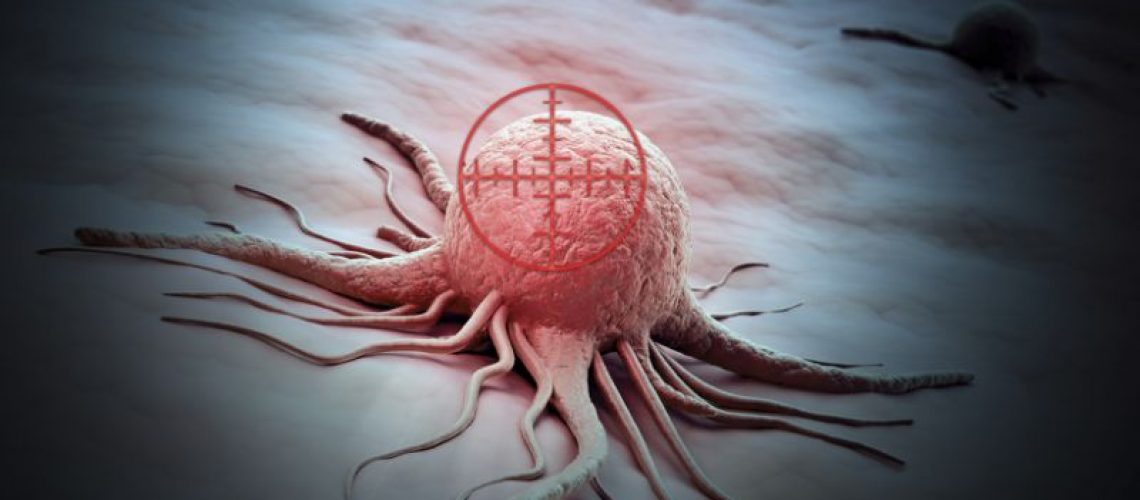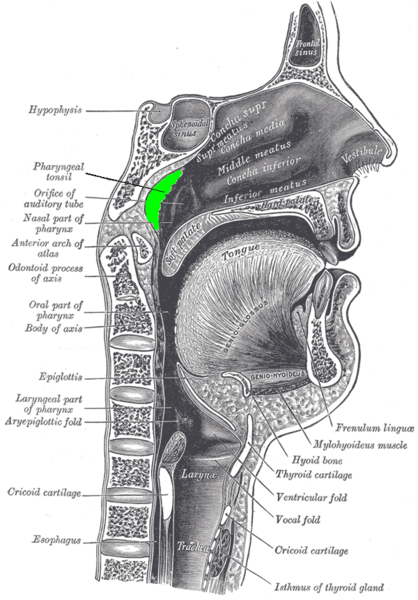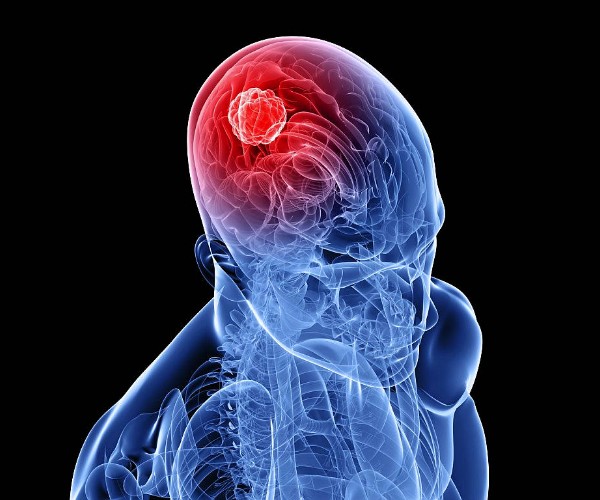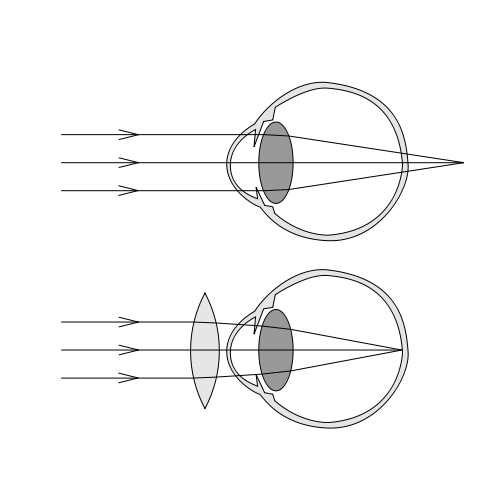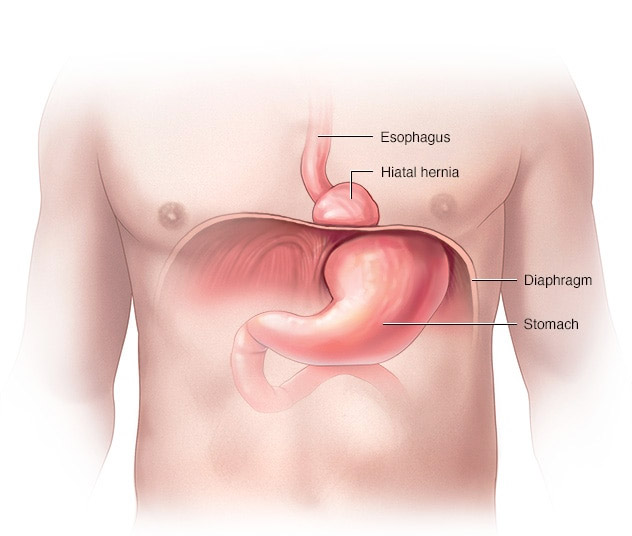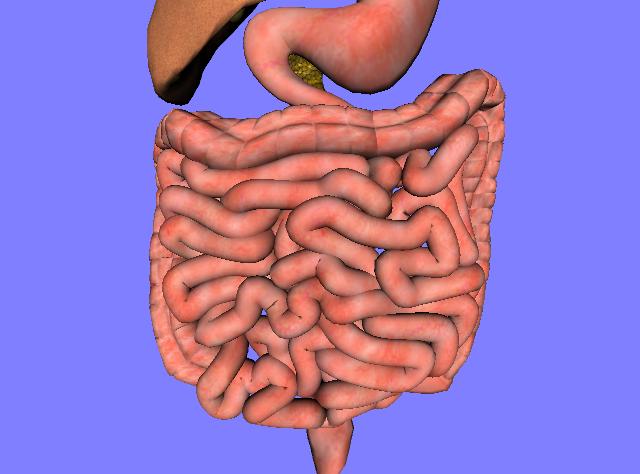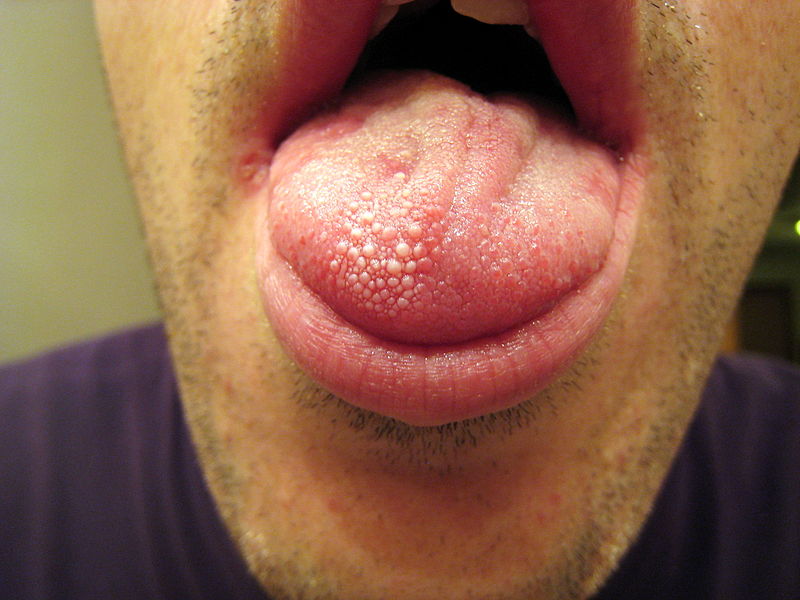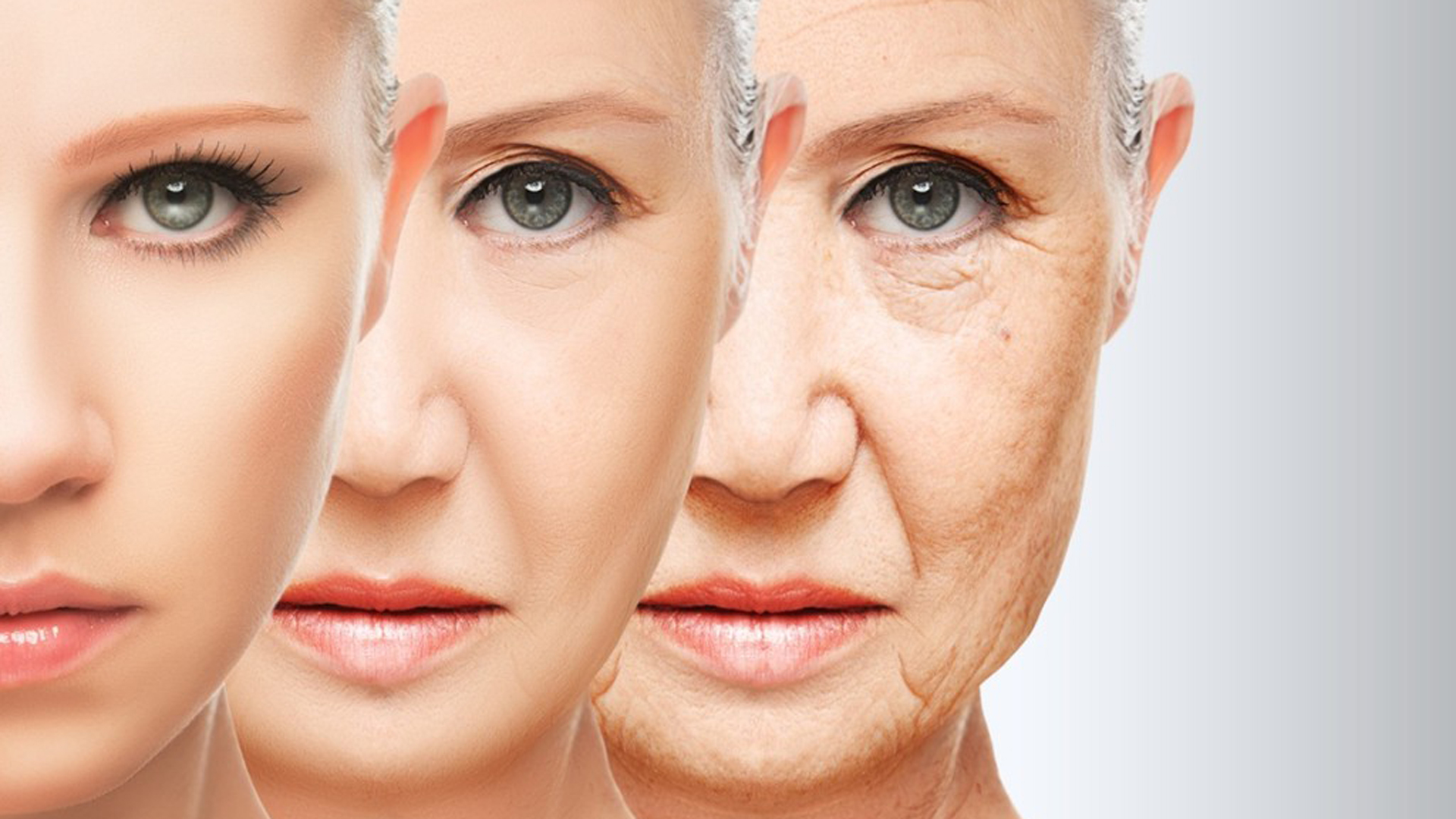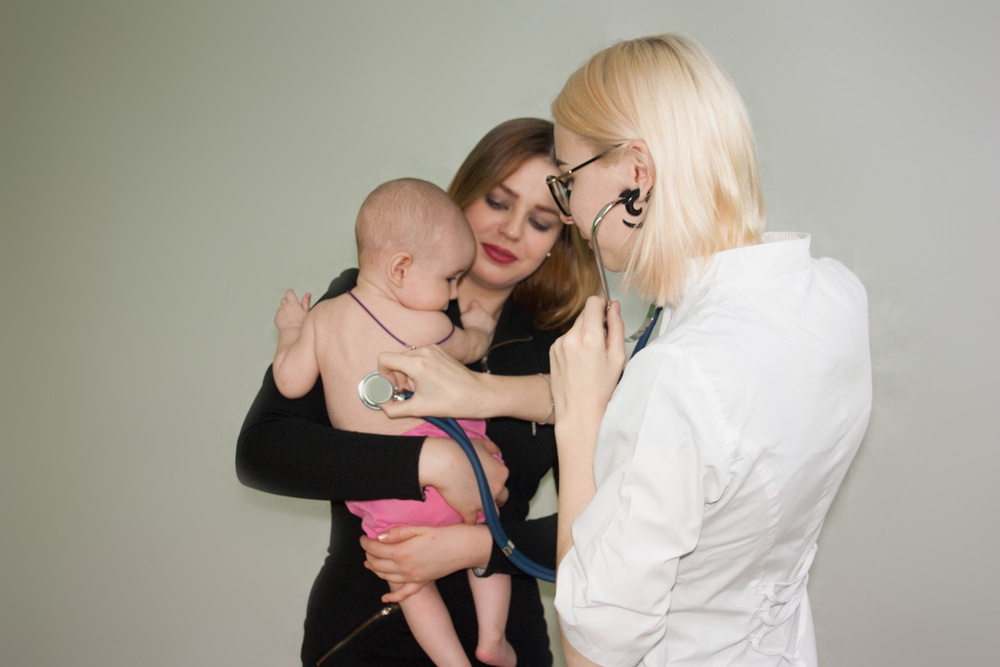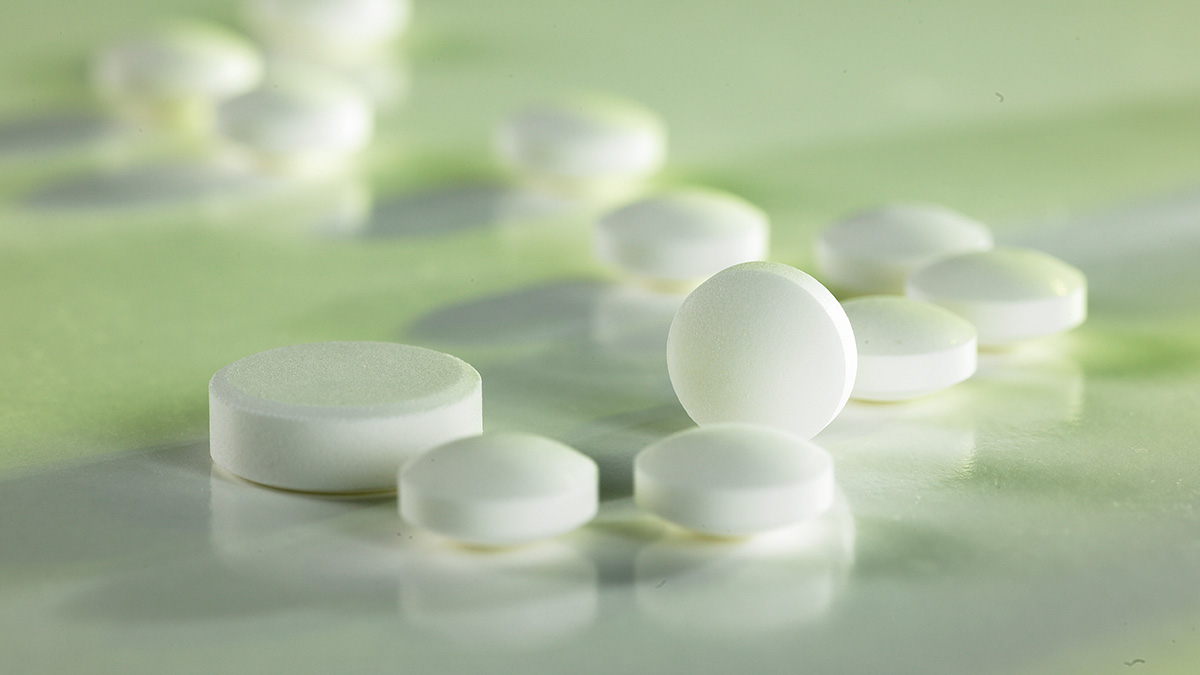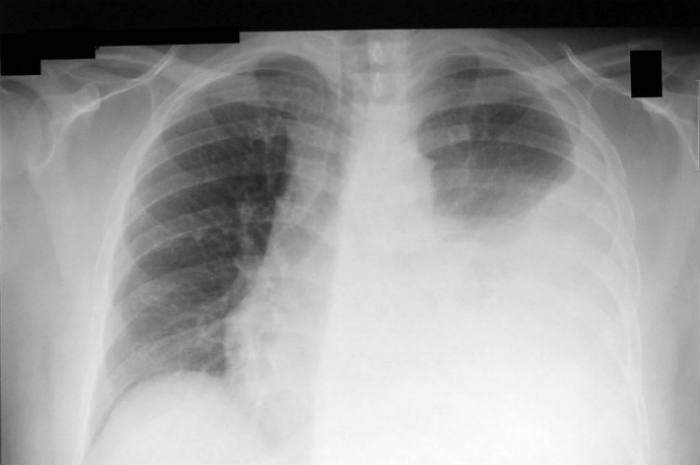Cancer, in whatever form it presents itself, is a terrible beast. In today’s medicine, and science, the resources to study the disease and find a remedy are among the highest ever, and this allows patients to hope for a brighter future.
Recent research carried out at the University of Basel in Switzerland, and published in Cancer Cell, showed how it was possible to turn the cells responsible for breast cancer formation into… ‘fat.’
An important achievement for a study that is officially in its infancy. The research was carried out on laboratory mice, as is often the case in this branch of science since the cells of these animals react similarly compared to human cells. The research team explored a road that has never been traveled so far, and very strange at first glance.
It all starts from the cells of the mesenchyme, which is a particular connective tissue that has a high reproductive capacity. Thanks to mesenchyme, we can, for example, see the skin of a finger grow back when it suffers a cut. Similarly, because of the epithelial-mesenchymal transition, cancer cells are able to reproduce through metastasis. To stop this process, the researchers came up with something drastic.
They implanted a mouse with aggressive tumor cells (human breast cancer) and treated it with Rosiglitazone, a drug used by people with type 2 diabetes, and Trametinib, a drug used to treat cancer. Well, by mixing the two substances, the cancer cells began to turn into fat cells, via adipogenesis.
The study states, “The result indicates that in one patient treated with the two drugs combined, the cancer cells had a transformation to fat. The treatment specifically targeted cancer cells with high plasticity. In addition, the cells that had initiated the epithelial-mesenchymal transition process stopped the process of metastasis proliferation. From what we know from scientific experience, when a cell turns into adipose, it never returns to its previous state: this is the key to initiating further studies on the subject“.
Already under study is the opportunity to combine this treatment with traditional chemotherapy, to test compatibility, and further trials on other cancers. The advantage for researchers is that the drugs used have already received approval from several international health authorities, so it will be easier for them to translate the research into a clinical patent
Fat for Cancer
Beyond the “blasphemous” title, research conducted in Switzerland at the University of Basel (and published in Cancer Cell) has highlighted the possibility of turning breast cancer cells into fat cells….
The study, which is absolutely at an early and experimental stage, was done on mice that were implanted with aggressive tumor cells and given two drugs simultaneously: Rosiglitazone (a drug used in the treatment of type 2 diabetes) and Trametinib (a drug used in the treatment of cancer). The research showed that cancer cells, through adipogenesis, began to transform into fat cells. This transformation specifically affected cancer cells with high plasticity, that is, with high reproductive capacity, disrupting the proliferation process that leads to metastasis formation.
Needless to say, further studies and investigations are needed, but the fact that the drugs used are already known and approved gives hope that if the results are confirmed, the experimental phase may be relatively short.



